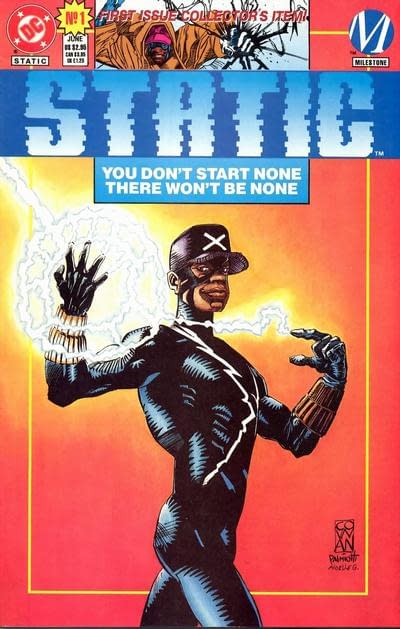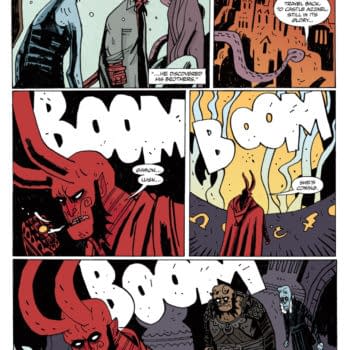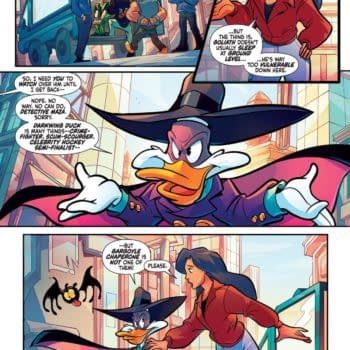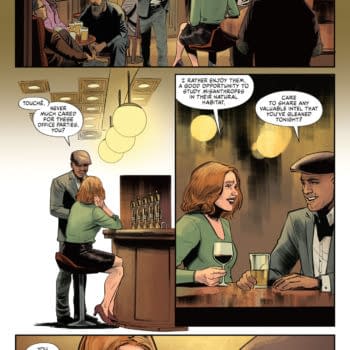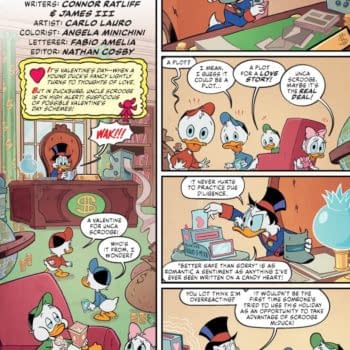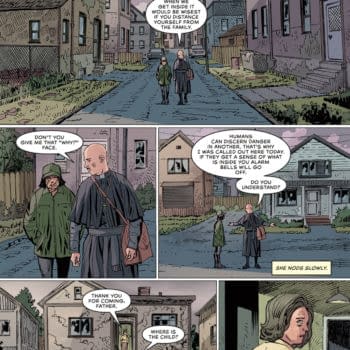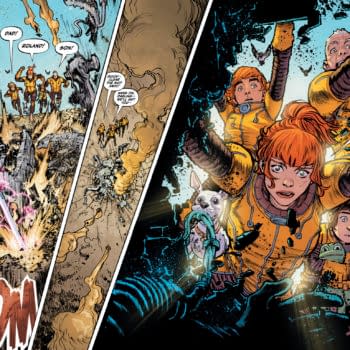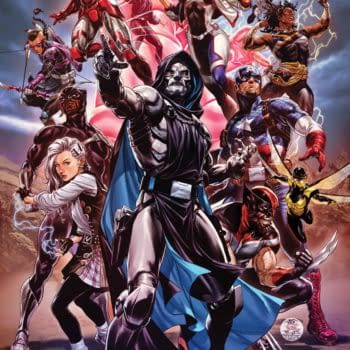Posted in: Comics | Tagged: representation, robert b. warren
Robert B. Warren Writes on Black Representation in Comics: Hand-Me-Down Culture
Sci-fi and fantasy author Robert B. Warren submitted the following op/ed, titled "Hand-Me-Down Culture," to Bleeding Cool:
Growing up in the Deep South, you become accustomed to certain truths. Tea should be cold and sweet, gathering pecans is a team-building exercise, and behind every old home is a story.
For many of these homes, the story is the same. They were once owned by the wealthy White families. But as time moved on, so did the occupants, into bigger, more extravagant houses, abandoning the previous ones. Over the following decades, these neglected residences lost their luster and, by extension, their market value. When the price became low enough, the poor moved in. In certain areas, most of these new residents were Black. Their homes could be considered hand-me-downs—once valuable items sold a thrift store price.
But these new occupants did not see the houses for what they used to be. They saw them for what they could become. They saw potential. These houses were not loaned to them. They were not given to them. The owners purchased them with their own money, to do with as they pleased. They filled the empty rooms—creative templates—with objects that best reflected their own individual styles and tastes. This gave each house a new life, using elements of the past to fashion something original.
The same principle once applied to Black superheroes. When the brilliant Dwayne McDuffie created Static, he was no doubt inspired by preexisting heroes such as Spider-Man— another creative template. Both Static and Spidey are unassuming, everyday guys who gain miraculous powers via science. They work tirelessly to defend their communities against evil, while dealing with school, friends, romantic relationships, bullies, and other challenges faced by young people. Yet despite their similarities, no one will ever confuse these two characters with one another, or accuse Static of only existing to please minorities. Why is that? It's simple. Despite the influences surrounding his creation, Static remains an original character—one that inhabits his own unique space within the greater comic universe. He has his own skill set, rogues' gallery, and personality quirks. More importantly is not defined by his race, but rather, his actions. People of all colors can relate to him on some level.
Sadly, original characters such as this are becoming increasingly rare, but not due to a lack of original IPs. There are countless Black artists and writers out there, talented individuals eager to see their ideas brought to life in the mainstream. Yet this seldom comes to pass. Characters of color are unable to come into their own because they are hidden in the shadows of those who came before.
Nowadays, a new Black superhero–for the most part–is only allowed to take center stage when he or she is wearing the hand-me-down clothes of a popular, well-established character. This is seen as progressive. However, that's debatable. In the case of aspiring authors and writers, such choices can represent walls that prevent their work from receiving the proper exposure, or any for that matter. As a result, potentially award-winning ideas are born and die without making so much as a sound. This is not how an industry grows. It's how an industry stagnates.
The Black community is every bit as original and creative as any other. We deserve a place in the mainstream—not one gained through handouts or pity, but earned via our own hard work and dedication.
If comic pros truly seek to diversify the industry, they should start by injecting it with fresh, never-before-seen characters by Black creators, rather than hashing old favorites. You invited us into the comic industry. Don't leave us waiting at the door.
Editor's Note: Static was created by Dwayne McDuffie, Denys Cowan, Michael Davis, and Derek Dingle


